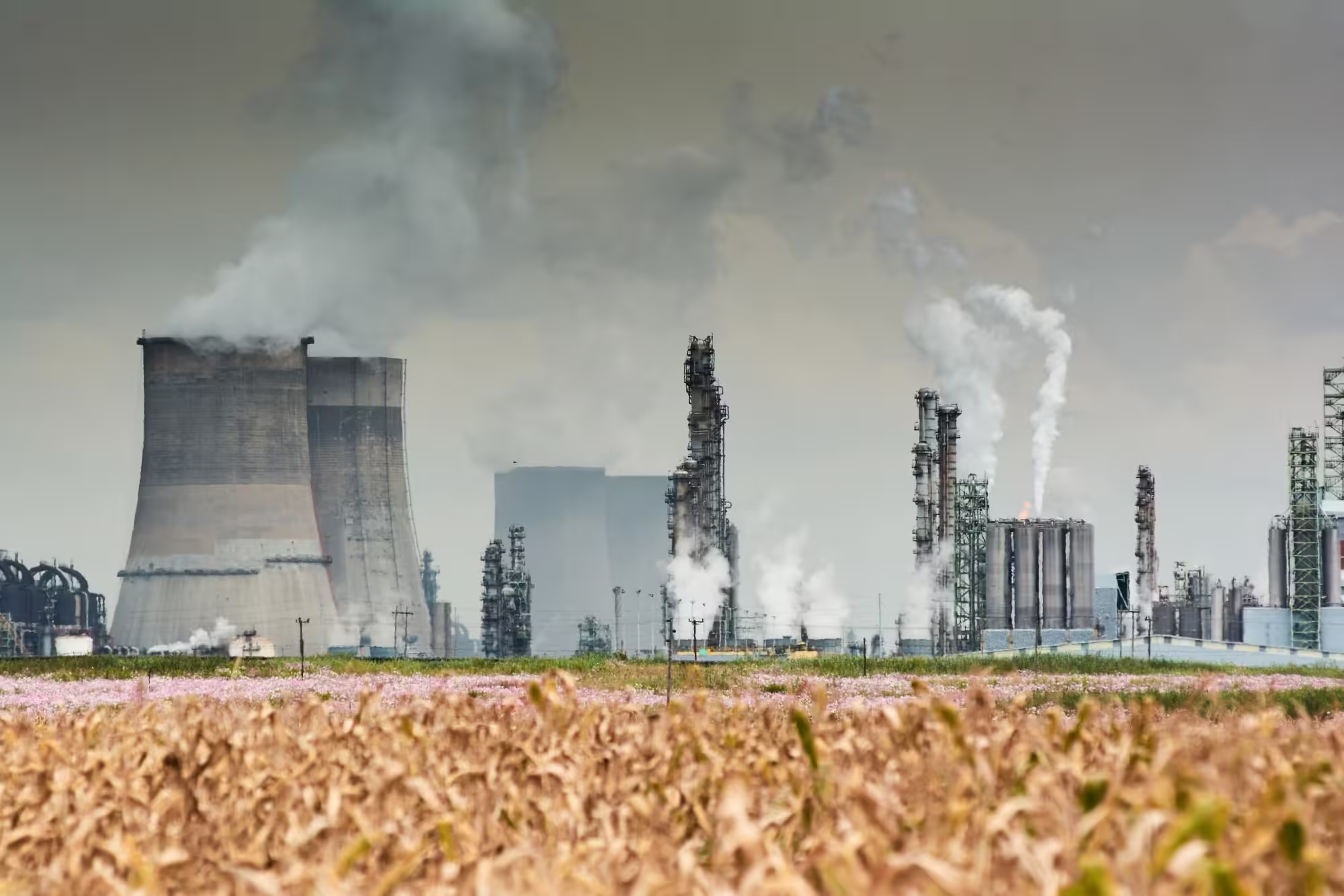South Africa, the world’s 14th largest carbon emitter, faces criticism for its slow progress in transitioning from coal to renewable energy, despite strong climate commitments. A new report, released on Thursday, highlights a significant gap between South Africa’s ambitious climate pledges and the actual pace of implementation.
Africa’s most industrialized nation has been praised for its high-level commitments to reducing greenhouse gas emissions, which surpass those of wealthier nations such as France, Britain, and Italy. The country has also developed a comprehensive plan to achieve these goals.
However, Melissa Fourie, a co-author of the Presidential Climate Commission report, noted a significant disparity between the country’s pledges and its current actions. “Despite all the strong public support and policy commitments, we’ve got a huge discrepancy between that and what’s actually happening,” Fourie said during the report’s launch in Johannesburg.
The report, which was commissioned by the president’s office but conducted independently, emphasizes that South Africa needs to accelerate its renewable energy deployment by more than six times to meet its climate targets.
This week, President Cyril Ramaphosa signed a new climate change act into law, which sets emission caps for large polluters. Donors are also providing $12 billion in mostly loan funding to support South Africa’s energy transition, with hopes of replicating this model in other developing countries.
Despite these efforts, South Africa has continued to rely heavily on coal to address persistent power shortages. Last year, the government reversed its decision to close eight coal-fired power stations, admitting that the country is unlikely to meet its 2030 targets.
The report reveals that South Africa’s total renewable energy capacity was 10.4 gigawatts (GW) in 2022, growing by 1 GW annually since 2015. To achieve net-zero emissions by 2050, the country would need to increase this to between 190 GW and 390 GW, requiring an annual increase of 6 GW to 14 GW.
The report criticizes “contradictory public policies,” particularly concerning the future of the energy sector, as a key factor delaying the transition. It also highlights that investment in renewable energy is falling short, with current commitments of 131 billion rand ($7.09 billion) annually against the needed 334 billion to 535 billion rand.



